EDITORIAL
Published on 22 Aug 2023
Editorial: Influence of sleep and recurrent circadian disruption on cardiometabolic health, wellbeing, and safety: from shiftwork to Monday mornings
doi 10.3389/fendo.2023.1268940
- 939 views
9,797
Total downloads
44k
Total views and downloads
EDITORIAL
Published on 22 Aug 2023
SYSTEMATIC REVIEW
Published on 02 Mar 2023
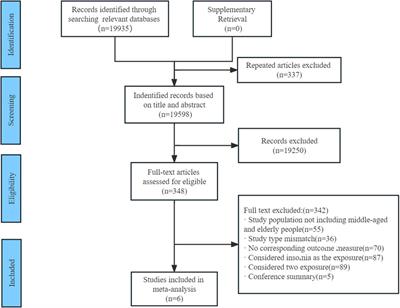
ORIGINAL RESEARCH
Published on 03 Nov 2022
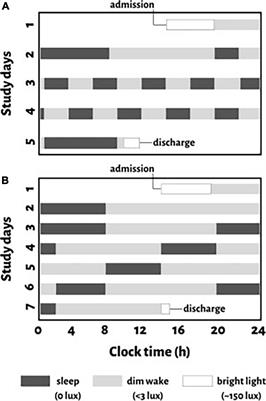
ORIGINAL RESEARCH
Published on 08 Jul 2022
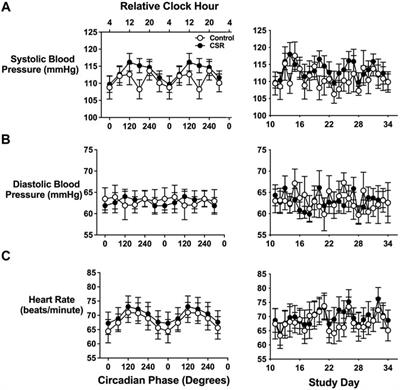
ORIGINAL RESEARCH
Published on 10 May 2022
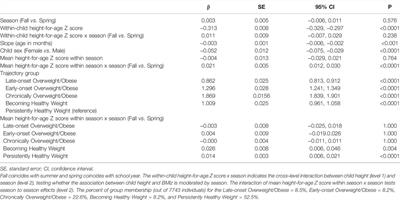
ORIGINAL RESEARCH
Published on 09 May 2022

ORIGINAL RESEARCH
Published on 11 Nov 2021
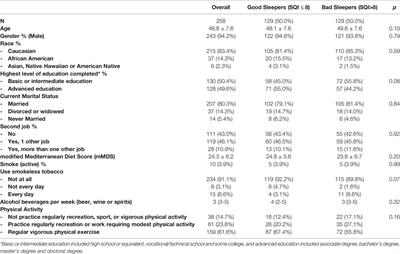
ORIGINAL RESEARCH
Published on 20 Oct 2021

